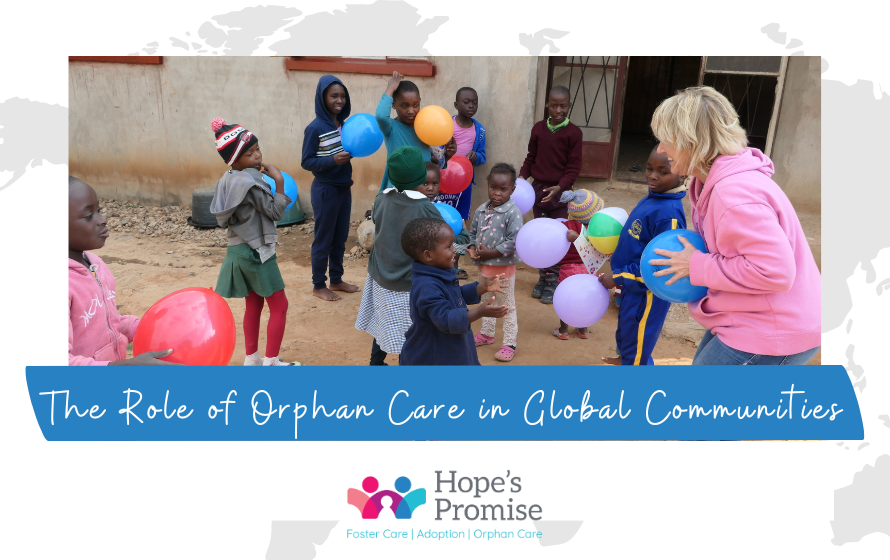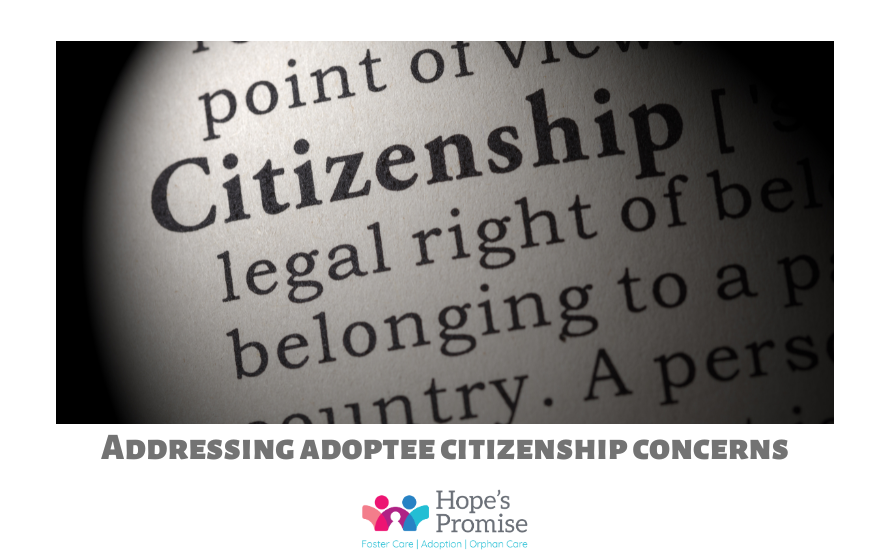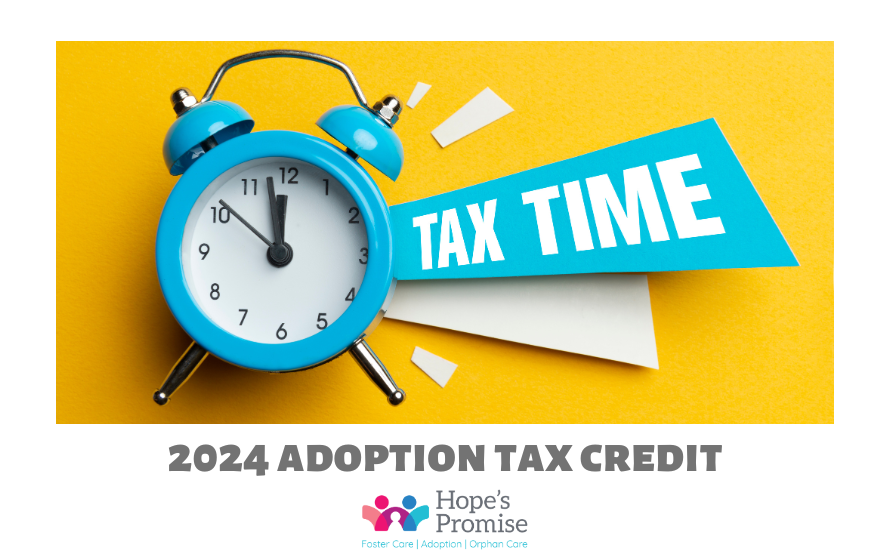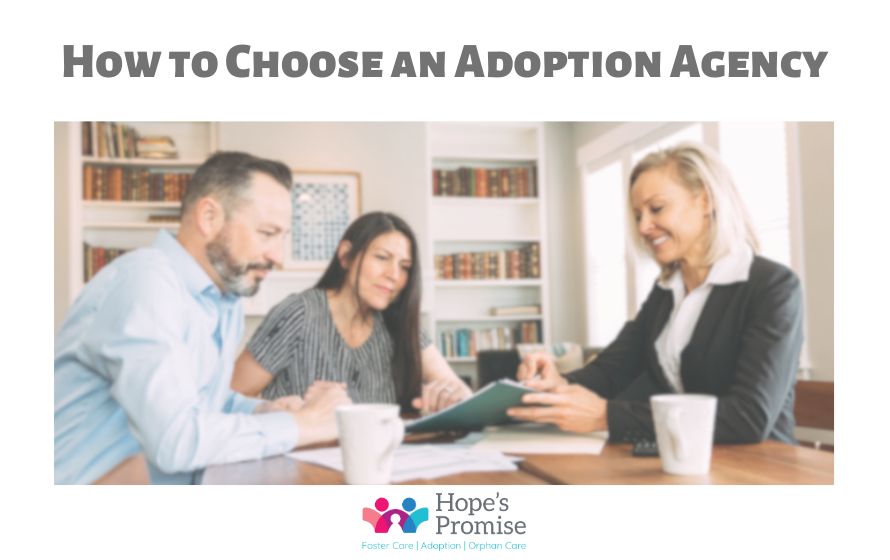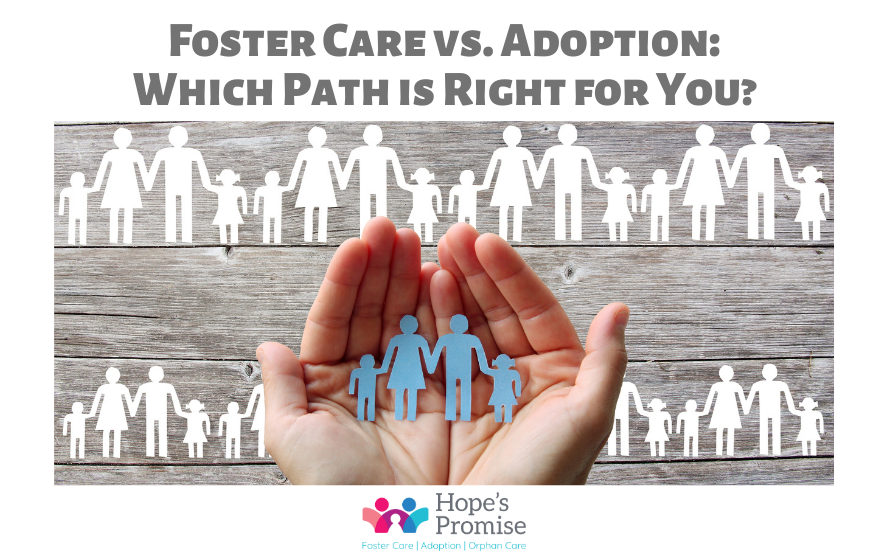Blog
2025
The Role of Orphan Care in Global Communities
Introduction to Orphan Care
In a world where millions of children face life without parental care, the need for supportive, loving environments has never been greater. Orphan care has become a critical pillar for global communities striving to provide every child with the stability and love that a family offers. Traditional orphanages have been a longstanding solution, but more family-centered approaches are emerging, aiming to give children not just shelter but also a sense of belonging and support. Understanding how orphan care operates in global contexts reveals just how transformative community-based, family-oriented systems can be for children and society as a whole. Read more about Hope’s Promise’s approach in our blog Why We Discontinued Child Sponsorship.
Why Orphan Care Matters in Today’s World
Orphan care extends beyond helping individual children; it builds stronger communities. Children raised with family support often grow up to become well-adjusted, productive members of society. Yet without support, many orphans face risks of poverty, lack of education, and even exploitation. Orphan care programs play a significant role in providing hope and stability, aiming to give each child a chance to reach their potential. When communities come together to support orphan care initiatives, they create an environment where children and families alike can thrive.
The Global Scope of Orphanhood
There are an estimated 150 million orphaned children worldwide—a staggering number that speaks to the need for effective care solutions [link]. Orphanhood arises from a variety of causes, including poverty, disease, war, and natural disasters. In some regions, societal and economic challenges, such as health crises and conflicts, can exacerbate the number of children without family care. Recognizing the scope and underlying causes of orphanhood helps us address the needs of vulnerable children with compassion and cultural sensitivity.
Traditional vs. Modern Approaches to Orphan Care
Historically, orphanages served as the primary model for providing shelter to children without parents. However, research has shown that children fare better in family-centered settings than in large, institutionalized facilities. Today, we see a significant shift towards family-based solutions, such as kinship care, foster programs, and community involvement. Modern orphan care models encourage communities to act as extended families, providing children with a sense of security and permanence that institutional care often lacks.
Models of Family-Based Orphan Care
Kinship care, where relatives or extended family take in orphaned children, has proven effective, especially in preserving the child’s connection to their heritage and culture. In other cases, foster care programs enable non-related families to open their homes to orphans, giving them a chance to experience family life. Long-term guardianship and adoption are also common pathways, with adoption providing the opportunity for children to become a permanent part of a family. Each of these models highlights the value of a child-centered, holistic approach to care.
The Church and Faith-Based Organizations in Orphan Care
Faith-based organizations have a longstanding role in orphan care, often leading the charge in establishing community-focused, family-centered care models. Many churches view orphan care as a mission-driven effort, aiming to address both the physical and emotional needs of children [link]. These organizations offer vital resources, from financial support to volunteer caregivers, and have established innovative programs that inspire hope. Many success stories in orphan care have roots in faith-driven missions, with countless children finding homes and communities through such initiatives.
Challenges Facing Global Orphan Care Efforts
While the global orphan care movement has made great strides, it faces significant obstacles. Financial constraints often limit the resources available for fostering and adoption programs. Moreover, social stigmas in some cultures make foster care and adoption less accessible, as societal expectations may discourage these practices. In some regions, local laws can further complicate adoption and kinship care, making it challenging for families who want to help. Overcoming these barriers requires both government support and community-level efforts to normalize and champion the idea of family-based care.
Hope and Healing: Success Stories of Orphan Care
In countless communities, orphan care programs have transformed lives. For instance, children once confined to institutional care have found families, and with them, a new lease on life. Volunteer and community-driven programs have empowered youth to succeed in school, build careers, and give back to their communities. Stories of resilience and healing offer hope and inspiration, demonstrating that every child, no matter their background, has the potential to thrive when given the right support.
How You Can Make a Difference in Orphan Care
The need for compassionate advocates and volunteers in orphan care is ongoing. Volunteering, whether through local foster care programs or international advocacy, can make a direct impact. Supporting organizations that focus on family-based care models, contributing financially to orphan care initiatives, or simply spreading awareness can change lives. Advocacy on behalf of orphans and vulnerable children is also essential; raising awareness helps remove social and cultural stigmas, making family-based care a viable option for more children.
Conclusion: Creating a Future for Every Child
Orphan care goes beyond providing shelter—it’s about nurturing hope and fostering a supportive community for every child. As communities, organizations, and individuals come together to support family-based care initiatives, we move closer to a world where all children have the opportunity to grow up in loving, stable environments. Through our collective actions, we can help ensure that every child experiences the love and support they need to build a brighter future. Now is the time to step up, spread the word, and make a difference in the lives of millions of orphaned children across the globe.
To explore more stories, resources, and information that can guide you on your journey, we invite you to visit our main blog page at Hope’s Promise Blog. Whether you’re an expectant parent, an adoptive family, or someone interested in supporting vulnerable children, our articles can provide the information and encouragement you need.
2025
Addressing Adoptee Citizenship Concerns
Hope’s Promise shares valuable information regarding adoptee citizenship concerns, thanks to this Q & A from the National Council for Adoption.
2025
2024 Adoption Tax Credit
It’s hard to believe that it is already tax season, but here we are! Hope’s Promise is dedicated to sharing great resources on all things foster care, adoption, and orphan care. So, when we came across this blog from the National Council for Adoption, we knew we had to share it with our adoptive families.
Doing your taxes can be tricky, but if you think you might be eligible for the adoption tax credit, this guide is a great resource.
Enjoy!
2025
How to Choose an Adoption Agency: Key Considerations
How to choose an adoption agency is one of the most critical steps in your adoption journey. With so many options available, understanding the key factors that distinguish agencies can make the difference between a smooth, successful process and a challenging experience. This guide explores how to choose an adoption agency that aligns with your values, goals, and unique circumstances.
Why Choosing the Right Adoption Agency Matters
Your adoption agency acts as your partner and advocate throughout the process. They help you navigate the complex legal, financial, and emotional aspects of adoption. Choosing a reliable agency ensures that you:
- Feel confident about the child’s welfare and ethical practices.
- Receive personalized support throughout the process.
- Comply with international and domestic regulations.

Key Factors to Consider When Choosing an Adoption Agency
Selecting the right agency requires careful research and a clear understanding of your priorities. Here are the essential considerations:
Accreditation and Licensing
- Ensure the agency is licensed in your state and accredited by organizations such as the National Council for Adoption or the Christian Alliance for Orphans.
- Verify the agency’s compliance with the Intercountry Adoption Act if you’re pursuing an international adoption.
Experience and Expertise
- Choose an agency with extensive experience in the type of adoption you’re pursuing (domestic, foster care, or international).
- Ask for case studies or success stories that demonstrate their expertise. For example, Hope’s Promise has helped countless families adopt children domestically, providing compassionate and comprehensive support.

Transparency in Costs
- Request a detailed breakdown of adoption costs, including agency fees, travel expenses, and post-adoption services.
- Be cautious of agencies that are vague or reluctant to disclose fees.
Support Services
- Look for agencies that provide pre-adoption counseling, training, and post-adoption support.
- Confirm the availability of bilingual staff or translators if you’re adopting internationally.
Checklist for Families: How to Choose an Adoption Agency
Here’s a quick checklist to guide your decision-making:
Accreditation: Is the agency licensed and accredited for the type of adoption you’re pursuing?
Reputation: What do reviews, testimonials, and references from other families say about the agency?
Transparency: Can the agency provide a clear adoption costs breakdown upfront?
Support: Does the agency offer pre- and post-adoption services?
Experience: How long has the agency been in operation, and what is its track record with international adoptions?
Ethical Practices: Does the agency follow ethical guidelines for child placement and birth family support?
Communication: Are the agency’s staff responsive, empathetic, and willing to answer all your questions?
FAQs About Choosing an Adoption Agency
How to choose an adoption agency for international adoption?
- Look for agencies accredited by the Hague Convention and experienced with your chosen country.
- Evaluate their knowledge of specific country regulations and ability to handle unique challenges, such as travel and visa processes.
What should I avoid when choosing an adoption agency?
- Avoid agencies with unclear fees, poor communication, or a lack of accreditation.
- Be wary of agencies that make unrealistic promises about timelines or costs.
Read tips on ethical adoptions at Adoption.com.
Conclusion
How to choose an adoption agency requires diligence, research, and thoughtful consideration. By focusing on factors such as accreditation, transparency, and support services, you can find an agency that aligns with your needs. Remember, a successful adoption journey starts with making an informed choice.
Looking for more stories, updates, and resources about adoption, foster care, and orphan care? Visit our main blog page at Hope’s Promise Blog to discover more resources and join us in writing stories of hope together.
2024
Foster Care vs Adoption: Which Path is Right for You?
Foster Care vs. Adoption: Which Path is Right for You?
The journey to becoming a parent or supporting children in need can take many forms, and two of the most common paths are foster care and adoption. Each option has its unique rewards and challenges. Choosing the right one depends on your goals, resources, and family circumstances. Let’s explore the differences to help you make an informed decision.
Understanding Foster Care
What Is Foster Care?
Foster care is a temporary arrangement where children who cannot live with their biological families are placed with trained caregivers, also known as foster families. It focuses on providing a safe and stable environment while biological parents work toward family reunification or a permanent solution.
Who Can Become a Foster Parent?
Foster parenting is open to people from diverse backgrounds. Common requirements include being over 21, passing background checks, and completing training. Emotional resilience and trauma-informed care, which Hope’s Promise provides, is key. Find detailed guidelines on the Child Welfare Information Gateway.
The Foster Care Process
The process includes an information meeting, application, training, home assessments, and child placements. Durations vary based on the child’s needs and family circumstances. You can learn more the process here.
Understanding Adoption
What Is Adoption?
Adoption is a legal process creating a lifelong parent-child relationship. Unlike foster care, adoption is permanent and transfers all parental rights to adoptive parents.
Types of Adoption
- Domestic Adoption: Within the same country.
- International Adoption: Involves adopting a child from another country.
- Adoption Through Foster Care: A cost-effective way to adopt.
The Adoption Process
The adoption process includes an information meeting, application, home studys, training, and legal finalization. Timelines vary based on adoption type and jurisdiction.
Key Differences Between Foster Care and Adoption
Legal and Financial Considerations
Foster care is state-supported, often including stipends for care, whereas adoption typically involves legal costs, especially for private or international adoptions.
Time Commitment and Permanency
Foster care is temporary, aiming for family reunification, while adoption is lifelong. Both options provide the opportunity to positively impact a child’s life.
Emotional Aspects
Foster parents face challenges such as reunifications, while adoptive parents work on bonding and the child’s adjustment and providing them with emotional resources.
Conclusion
Both foster care and adoption provide life-changing ways to alter the trajectory of a child’s life by providing a stable and loving family. Whether you choose the temporary yet impactful route of foster care or the permanent path of adoption, thorough research and support can guide your decision.
Looking for more stories, updates, and resources about adoption, foster care, and orphan care? Visit our main blog page at Hope’s Promise Blog to discover more resources and join us in writing stories of hope together.

